Intro
Discover 5 plant-based diet tips for a healthier lifestyle, including vegan meal planning, whole food benefits, and nutrition advice for a balanced vegetarian diet.
Embracing a plant-based diet can be a transformative journey for both your health and the environment. With the numerous benefits it offers, from reducing the risk of heart disease to supporting sustainable living, it's no wonder why more people are leaning towards this lifestyle. However, making the switch can seem daunting, especially for those who are accustomed to a diet rich in animal products. The key to a successful transition lies in understanding the basics of a plant-based diet and incorporating it into your daily life in a way that feels sustainable and enjoyable.
For individuals considering a plant-based diet, it's essential to start with the fundamentals. This includes understanding what a plant-based diet entails, planning your meals, and ensuring you're getting all the necessary nutrients. A well-planned plant-based diet can provide all the necessary protein, iron, calcium, and other nutrients that are often associated with animal products. It's about exploring the vast variety of plant foods, from fruits and vegetables to whole grains and legumes, and learning how to prepare them in a way that's both delicious and nutritious.
The journey to adopting a plant-based diet is not just about cutting out animal products; it's also about embracing a new way of eating and living. It's about discovering the flavors and textures of plant-based foods, exploring new recipes, and finding community with like-minded individuals. Whether you're motivated by health benefits, environmental concerns, or animal welfare, there's a wealth of information and support available to guide you through this transition. With the right approach, anyone can enjoy the benefits of a plant-based diet and make it a sustainable part of their lifestyle.
Understanding the Basics of a Plant-Based Diet
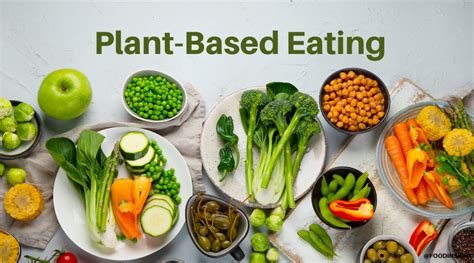
Key Components of a Plant-Based Diet
A well-rounded plant-based diet should include a variety of foods from all the food groups: - **Fruits and Vegetables:** Rich in vitamins, minerals, and antioxidants, these should form the bulk of your diet. - **Whole Grains:** Sources like brown rice, quinoa, and whole wheat provide fiber, vitamins, and minerals. - **Legumes:** Beans, lentils, and peas are excellent sources of protein and fiber. - **Nuts and Seeds:** Almonds, chia seeds, and flaxseeds offer healthy fats and protein. - **Plant-Based Milks:** Options like soy milk, almond milk, and oat milk can replace dairy products.Planning Your Plant-Based Meals
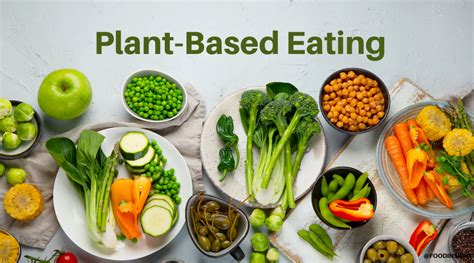
Common Challenges and Solutions
- **Protein Intake:** Include a variety of legumes, nuts, and seeds in your diet. - **Vitamin B12:** Consider supplements or fortified plant-based milks. - **Social Eating:** Share your dietary choices with friends and family, and find plant-based restaurants or recipes to enjoy together.Nutritional Considerations
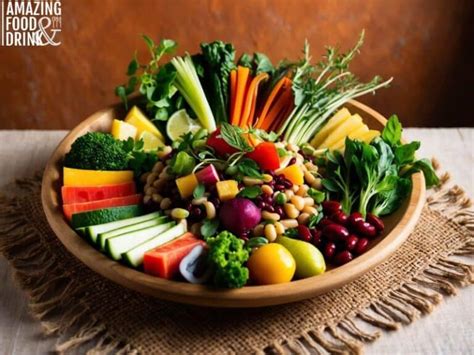
Supplements and Fortified Foods
While whole foods should be the primary source of nutrients, supplements and fortified foods can help fill any gaps: - **Vitamin D:** Especially important during winter months or for individuals with limited sun exposure. - **Omega-3 Fatty Acids:** Found in walnuts, chia seeds, and flaxseeds, these support heart health.Embracing a Plant-Based Lifestyle
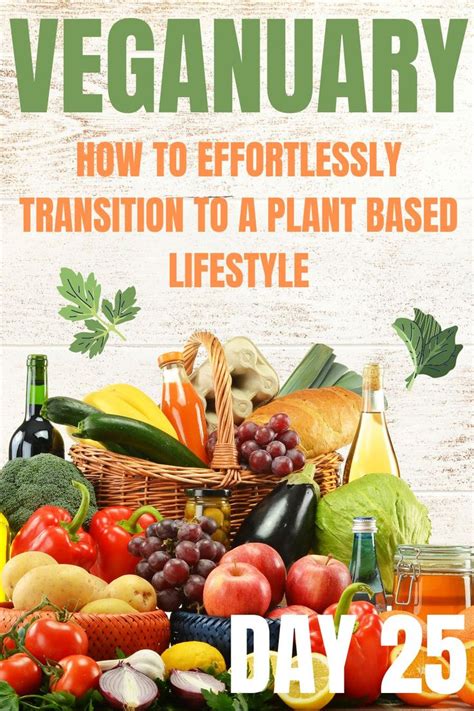
Finding Community and Support
The journey to a plant-based lifestyle can be more enjoyable with the right support: - **Online Communities:** Join plant-based forums or social media groups to connect with like-minded individuals. - **Local Meetups:** Attend plant-based meetups or workshops to learn new recipes and make friends. - **Health Professionals:** Consult with a dietitian or healthcare provider for personalized advice.Practical Tips for a Successful Transition
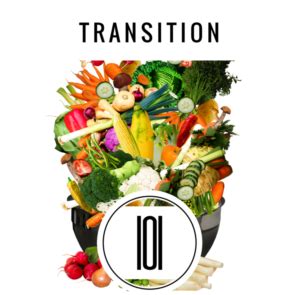
Maintaining Motivation
Staying motivated is key to long-term success: - **Track Your Progress:** Keep a food diary or use an app to track your meals and progress. - **Celebrate Milestones:** Reward yourself for reaching milestones, like completing a week of plant-based eating. - **Stay Informed:** Continuously learn about the benefits of a plant-based diet and new recipes to stay inspired.Conclusion and Next Steps
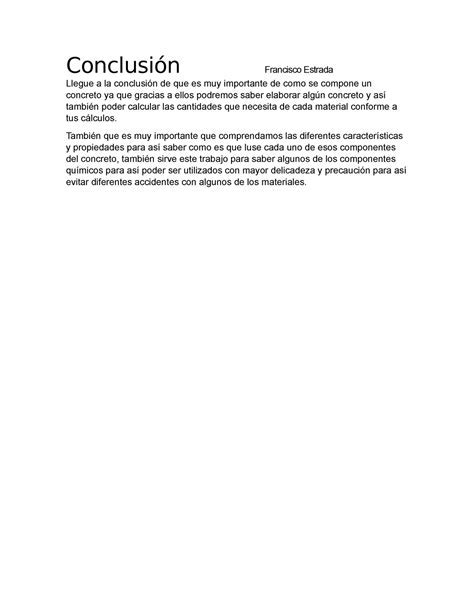
As you continue on your plant-based path, consider sharing your experiences, tips, and favorite recipes with others. Engaging with the plant-based community, whether online or in-person, can provide valuable support and inspiration. Don't hesitate to reach out to healthcare professionals or registered dietitians for personalized advice tailored to your needs. With persistence and the right guidance, you can thrive on a plant-based diet and contribute to a healthier, more sustainable world.
What are the primary benefits of a plant-based diet?
+A plant-based diet offers numerous health benefits, including reduced risk of heart disease, type 2 diabetes, and certain types of cancer. It also supports weight loss, improves gut health, and can help manage chronic conditions.
How do I ensure I'm getting enough protein on a plant-based diet?
+Include a variety of protein-rich plant foods in your diet, such as legumes (beans, lentils, peas), nuts, seeds, whole grains, and soy products. It's also helpful to consult with a dietitian to ensure you're meeting your daily protein needs.
Are plant-based diets suitable for everyone, including children and pregnant women?
+Well-planned plant-based diets can be suitable for all stages of life, including pregnancy, lactation, and childhood. However, it's crucial to consult with a healthcare provider or registered dietitian to ensure that the diet is properly planned to meet all nutritional needs.
